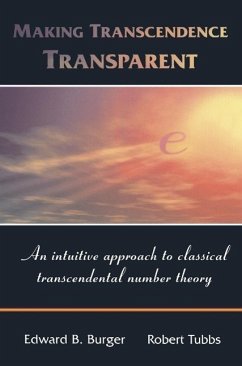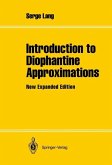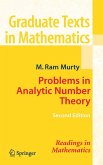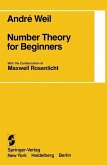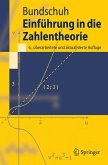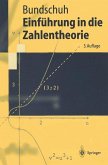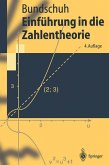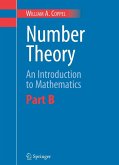While the study of transcendental numbers is a fundamental pursuit within number theory, the general mathematics community is familiar only with its most elementary results. The aim of Making Transcendence Transparent is to introduce readers to the major "classical" results and themes of transcendental number theory and to provide an intuitive framework in which the basic principles and tools of transcendence can be understood. The text includes not just the myriad of technical details requisite for transcendence proofs, but also intuitive overviews of the central ideas of those arguments so that readers can appreciate and enjoy a panoramic view of transcendence. In addition, the text offers a number of excursions into the basic algebraic notions necessary for the journey. Thus the book is designed to appeal not only to interested mathematicians, but also to both graduate students and advanced undergraduates.
Edward Burger is Professor of Mathematics and Chair at Williams College. His research interests are in Diophantine analysis, and he is the author of over forty papers, books, and videos. The Mathematical Association of America has honored Burger on a number of occasions including, most recently, in awarding him the prestigious 2004 Chauvenet Prize.
Robert Tubbs is a Professor at the University of Colorado in Boulder. He has written numerous papers in transcendental number theory. Tubbs has held visiting positions at the Institute for Advanced Study, MSRI, and at Paris VI. He has recently completed a book on the cultural history of mathematical truth.
Edward Burger is Professor of Mathematics and Chair at Williams College. His research interests are in Diophantine analysis, and he is the author of over forty papers, books, and videos. The Mathematical Association of America has honored Burger on a number of occasions including, most recently, in awarding him the prestigious 2004 Chauvenet Prize.
Robert Tubbs is a Professor at the University of Colorado in Boulder. He has written numerous papers in transcendental number theory. Tubbs has held visiting positions at the Institute for Advanced Study, MSRI, and at Paris VI. He has recently completed a book on the cultural history of mathematical truth.
Dieser Download kann aus rechtlichen Gründen nur mit Rechnungsadresse in A, B, BG, CY, CZ, D, DK, EW, E, FIN, F, GR, HR, H, IRL, I, LT, L, LR, M, NL, PL, P, R, S, SLO, SK ausgeliefert werden.
From the reviews: "Making Transcendence Transparent is one of those books that stand out from the crowd because the authors have put a lot of good work into it, and plenty of imagination and creativity. It is witty, funny at times, highly entertaining, very readable and interesting to both the casual and advanced reader. ... The text helps us understand the concepts by building a very strong intuition and also motivates the concepts from a historical point of view. ... Conclusion: read this one!" (Álvaro Lozano-Robledo, MathDL, January, 2006) "One of the goals of the authors is to provide the reader with an intuitive framework in which the major classical results of transcendental number theory can be appreciated. ... This book is an introduction to the subject which is supposed to enable the reader to pursue later his study with more modern results. ... An appendix provides basic facts from complex analysis which are required for the proofs. This book is aimed at beginners who like to have examples and detailed proofs." (Zentralblatt MATH, August, 2005) "The book under review covers much wonderful material, heads in several directions, and could be used in many ways." (MAA reviews, D'Angelo, John P.)

